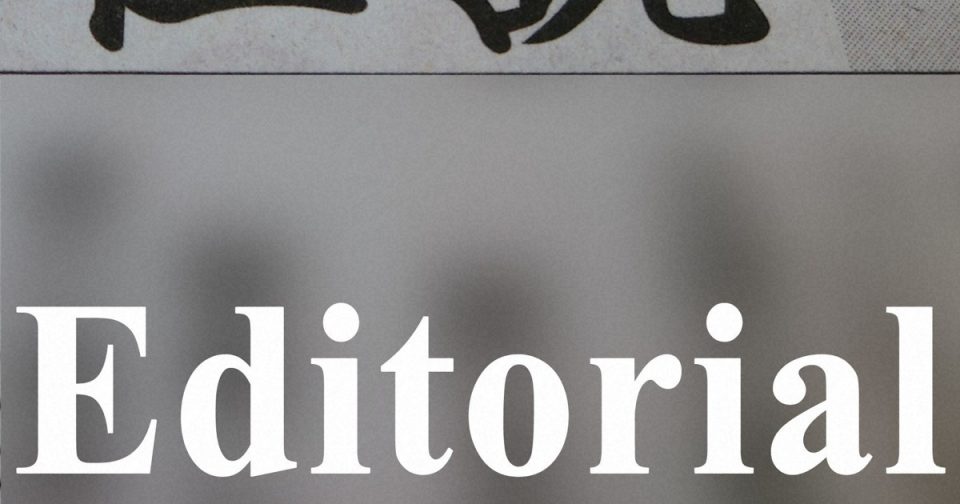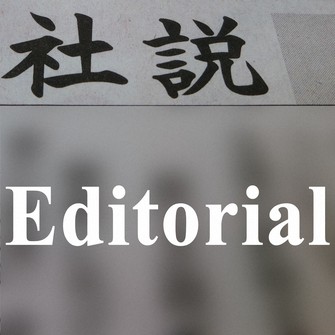Discussions on raising Japan’s minimum wage this fiscal year are approaching their final stage among members of a Health, Labor and Welfare Ministry panel.
The economy is recovering in the wake of the coronavirus crisis, and high commodity prices are putting pressure on household finances. Measures are needed to address the situation.
The minimum wage plays an important role in supporting people’s lives. Last fiscal year the national average was raised by 28 yen to 930 yen (about $6.80) an hour, but this pales in comparison to the rates in Europe and the United States.
Often the minimum wage is applied to non-regular employees, such as part-time workers, whose lives are being directly impacted by significant increases in food and energy prices.
In the case of regular employees, the “spring wage offensive” mechanism allows for direct negotiations between labor and management, and through this annual campaign, wage increases have continued. Unless the minimum wage is increased, disparity will only widen.
Correcting regional disparity is also an issue. There is over a 200-yen (roughly $1.50) difference in the minimum hourly wage between Tokyo, which has the highest level at 1,041 yen (approx. $7.60), and the corresponding figures in Okinawa and Kochi prefectures. Even with differences in commodity prices factored in, the sense of unfairness is undeniable.
The government has set a target of raising the national average “to 1,000 yen or higher as soon as possible.”
Last fiscal year, there was strong resistance to raising the minimum wage from small- and medium-sized businesses, whose finances suffered amid the coronavirus crisis.
However, due to a shortage of workers and other factors, perceptions are changing. In a survey conducted by the Japan Chamber of Commerce and Industry, 41.7% of small- and medium-sized businesses answered that the minimum wage “should be raised” — up 13.6 percentage points from last year. This surpassed the percentage of people who responded that the minimum wage should be “lowered” or “kept at the current level.”
However, the business performance of accommodation providers, restaurants and retailers, among others, has been slow to recover. With costs for raw materials increasing, company management is becoming increasingly difficult.
The government must provide support so that companies can overcome these difficulties and raise wages. It is important to improve access to tax incentives for companies that raise wages and to encourage the reinforcement of management structures.
The stance of large companies is also questioned. The government has worked to ensure that subcontractors can appropriately pass on increases in labor and material costs, reflecting them in the delivery price. However, it is difficult to say that this has produced sufficient results.
The Kishida administration has promoted “investment in people” as a pillar of its new capitalism strategy. The prime minister has a responsibility to raise the standard of living for working people, and produce a virtuous economic cycle.



